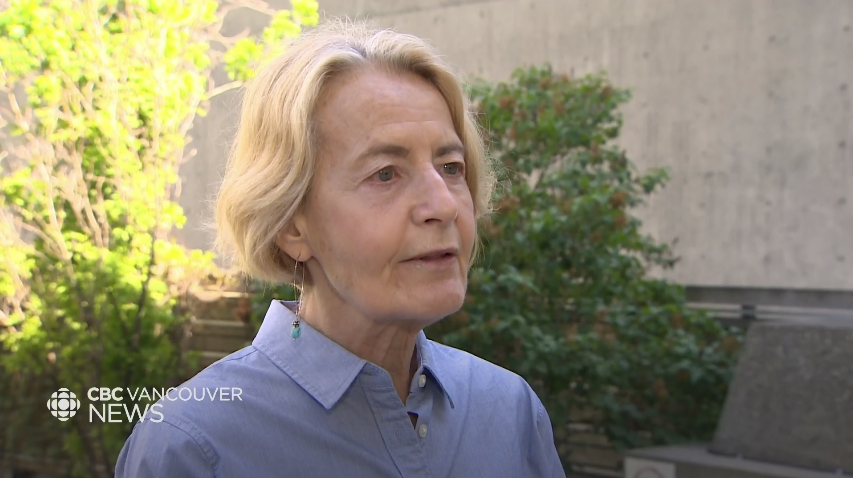Submission to The Social Lens: A Social Work Action Blog by Bindi Bennett and Kelly Menzel, Bond University
An article recently published in a widely-read Australian news page, The Conversation, explored an episode of the Netflix series The Chair, in which a white female professor burns her student evaluations in an act of emancipation.
The author of The Conversation article, Pema Düddul, argued student evaluations are used as a way to anonymously discriminate, harass and facilitate hate speech and that the fictional professor, Joan Hambling, may be justified in burning her student survey responses. Hambling, as a female professor, battles sexism and ageism in the academy. But as Aboriginal academics, we still feel her whiteness gives her a privilege not afforded to our group.
For Aboriginal academics, student evaluations are a place where harmful and inappropriate racism can occur. 1
Subtle racism in student evaluations
Racism can occur when students perceive uncomfortable content – such as critical race theory, the theory of whiteness or inter-generational trauma – to be challenging them or standing in the way of their aims or gains. Non-Indigenous students can take offence at the content in Aboriginal-related subjects, and this can be reflected in their evaluations.
We’ve combined our feedback from student assessments and direct feedback received in our academic careers in Australia into a collection of quotes:
- “She presents these Aboriginal issues like everything is about her.”
- “She only got this job because she is Aboriginal. The uni took pity on her. Surely anyone could teach this.”
- “I don’t see Aboriginal people as coloured or anyone as a colour. I treat everyone the same.”
- “All lecturers will get bad evaluations so don’t think this has something to do with your Aboriginality because it doesn’t. I just want you to know I don’t think you should be teaching this. Is it really important? Also, you look fat in red. Which is also not about you being Aboriginal. Not everything is race based you know.”
- “She tried to recolonise us. She brainwashed people into being culturally responsive and insisted that Aboriginal people are disadvantaged when many of us have a bad life in Australia and we don’t have privilege. We all know Aboriginal people get so much for free.”
- “I think she is racist saying we are white. And many of us non-Indigenous people felt attacked.”
Harmful impacts on health and careers
These teaching evaluations are racist and harmful to our health. Upon receiving them, Aboriginal academics often escalate the matter by requesting meetings with deans and heads of schools to try to explain the repercussions. Additionally, we frequently have had to identify and define cultural safety (and lack thereof) in the workplace and fight for this to be seen as a legitimate concern.
Lastly, we the authors, have been placed under performance management due to the complaints, particularly when students allege we are racist, inequitable or not knowledgeable in the academic space. We have had to work very hard to be seen and heard by our colleagues about the seriousness of the effects of these evaluations for us professionally and personally.
Academics sometimes use student evaluations as supporting material to gain promotions and as part of job applications. This is often not an option for Aboriginal academics affected by racism in these evaluations.
Why do we even need evaluations?
Düddul’s article addressing LGBTIQ+ academics stated evaluation responses often have nothing to do with teaching, course content or feedback to improve student’s experiences. 2 They can also be an inaccurate measure of teaching effectiveness, and biased in favour of white men. 3
There is also strong evidence indicating race-based discrimination causes mental health and well-being problems, such as anxiety, depression, stress and poor quality of life. We feel universities are not addressing the harm student evaluations cause Aboriginal academics. This is read as a disregard for our mental health and social and emotional well-being. Continuing to use the current evaluation processes is repeating and perpetuating the harm and violence they cause.
Facilitating racism via student evaluations must be stopped
Institutions claiming student evaluations are not race-based and denying their emotional, personal and professional impact is a form of ongoing colonial violence and gaslighting. In her article, Düddul states, “We already have better ways of assessing teaching quality and student learning, and ensuring those processes are authentic and fair. They’re called assessment outcomes.” We contend more needs to be explored – such as peer reviews with culturally responsive and safe peers. In addition, university researchers must develop culturally responsive and appropriate measures that are more representative of diversity and decolonizing approaches when exploring teacher effectiveness. Finally, addressing university students’ bias through appropriate and adequate cultural training would have enormous flow-on benefits for society – as students move on to their chosen professions.
References
1 www.tandfonline.com/doi/full/10.1080/02602938.2021.1888075
2 https://facultydevelopment.kennesaw.edu/
THE SOCIAL LENS: A SOCIAL WORK ACTION BLOG - The views and opinions expressed in this blog are solely those of the original author(s) and do not express the views of the UBC School of Social Work and/or the other contributors to the blog. The blog aims to uphold the School's values and mission.

